
Main Page
Alphabetical Menu
Chronological Menu
|
1945  In a Hungarian village during August of 1945, Árpád (Bence Tasnádi), a pharmacy manager, is about to marry Kisrózxsi (Dóra Sztarenki), a peasant, who's truly in love with her ex-boyfriend, Jancsi (Tamás Szabó Kimmel). Árpád's mother, Anna (Eszter Nagy-Kálózy), grasps that Kisrózxsi doesn't love her son and . Meanwhile, a two Orthodox Jews, Hermann Sámuel (Iván Angelus) and his son (Marcell Nagy) arrive at the village via train while carrying two boxes which may or may not contain perfume for the pharmacy that they had once owned before WWII. The villagers have plundered the property and valuables of Jews during WII, so they're not too happy to see the Sámuels upon their arrive. Some, like Bandi (József Szarvas), a drunkard, feels remorse and shame for his plundering. Even the village priest (Béla Gados) possesses stolen goods from Jews. Shot in breathtaking black-and-white, 1945 is a mesmerizing, quietly moving, and enthralling film. From the very first frame til the last, writer/director Ferenc Török and co-writer Gábor T. Szántó gradually build suspense without going over-the-top. You can sense that something will happen upon the arrival of Hermann Sámuel and his son; just the way that the villagers glare at them speaks louder than words. Bravo to Török for trusting the audience's patience by moving the film at a slow pace to allow for them to absorb each scene better. The elements of thriller and horror can be found beneath the surface in an understated way, so you'll find psychological horrors and slow-burning thrills which resonate emotionally for more than any cheap palpable thrills and horrors can. Provocative themes like that of shame, forgiveness, and anti-Semitism are explored in a gentle way that avoids heavy-handedness, schmaltz, and preachiness.
1945's greatest triumph, though, is the sense of humanism that the filmmakers have managed to capture onscreen. Each and every character rings true, and a lot of emotions are generated even without words. That's a testament to not only the sensitive and intelligently-written screenplay, but also the convincingly moving performance. The film's cinematography alone is a wonder to behold with exquisite use of lighting and poetic imagery, i.e. the haunting final shot that symbolizes so much more than just billowing smoke. Why can't more films be shot in black-and-white? The black-and-white cinematography compliments the film's atmosphere and tone very effectively much like it did in Son of Saul and The White Ribbon. It would be ideal to watch 1945 on the big screen to be fully enraptured by its sights and sounds as well as its humanism, a truly special effect which money cannot buy. Like a truly great film, 1945 has a perfect blend of truth and spectacle. It's one of the best films of the year. 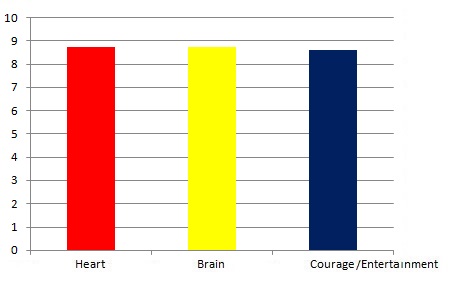 A Bad Moms Christmas 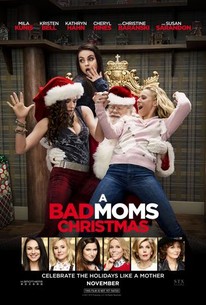
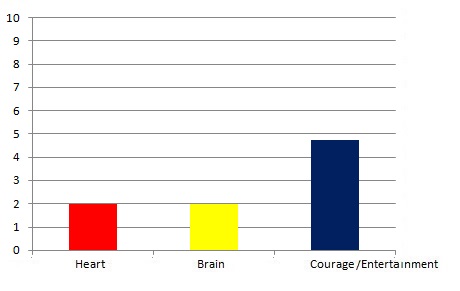 The Light of the Moon 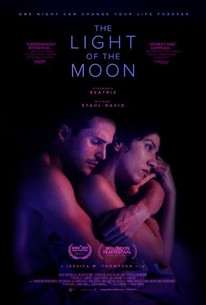
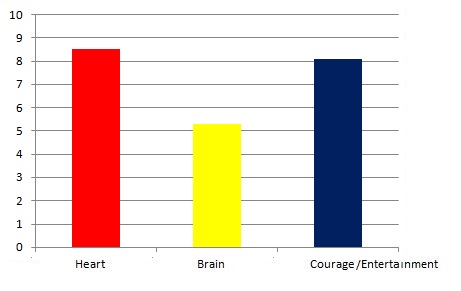 Main Page Alphabetical Menu Chronological Menu ______________________________________________________ |
The NYC Movie Guru
themovieguru101@yahoo.com
Privacy Policy